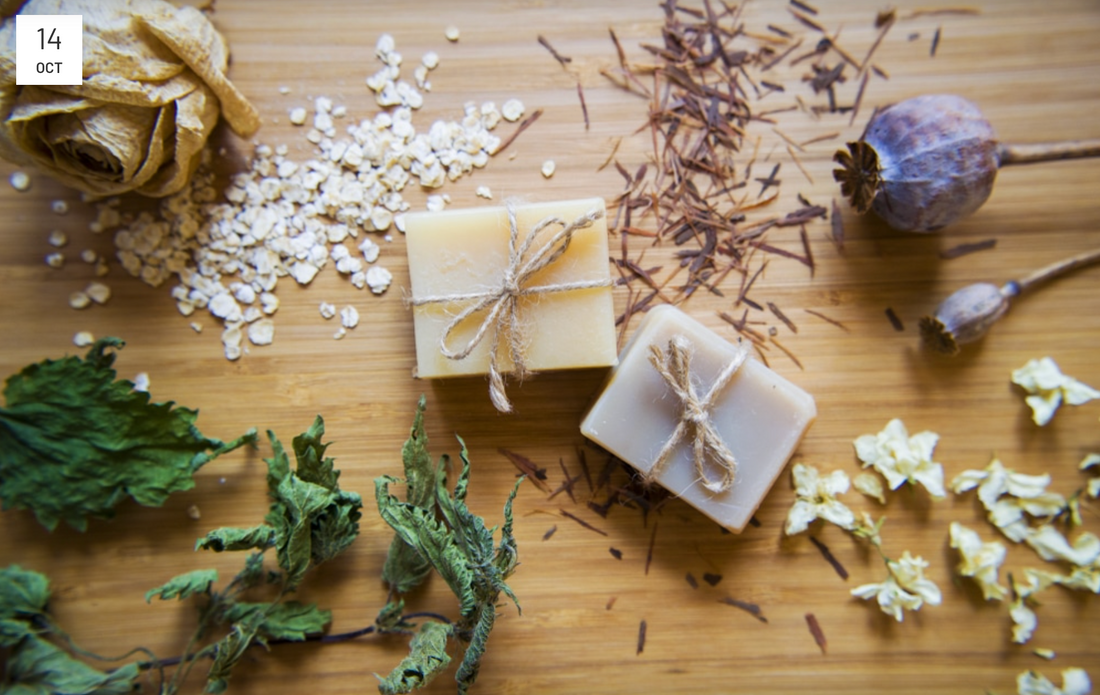When it comes to spending wisely, it is generally not just the money that matters but anything that can be bought with it. For example, the not so often asked question – ‘how long does a bar of soap last?’ is another way of asking about the amount of your household budget that goes on buying soap.
Well, if you think that the above passage just made you realize something important, what follows next in this article will benefit you a lot.
This article will help you understand various aspects related to how long does a bar of soap last. In addition to this, we also discuss why more and more people are switching from regular soaps towards using handmade natural soap bar.
So, let’s begin.
Factors to consider that will affect how long a bar of soap lasts
A few factors suggest how long does a soap bar lasts before completely but gradually vanishing with water into the drain. Although these factors to some extent may seem to be interrelated, they still hold differences. These are –
Number of users
A single bar of soap will have different usage life spans when used by an individual, and a group of people. For example, an entire family, or employees at a workplace.
Frequency and purpose of use
The second most important factor to answer how long does a bar of soap last is related to frequency and purpose of use.
For example, do you use a particular soap for hand washing or for showers? Additionally, how frequency of hand washing and showers plays a role.
Some people prefer or are habitual about washing hands with soap every time they think of cleaning their hands. For others, ordinary cleaning of hands means using tissues, hand sanitizing liquids, or just water.
Similarly, some people take bath twice a day, while others take it only once.
Manner of use
The way an individual uses a soap bar also describes how long does a bar of soap last.
For example, some people while washing their hands or taking shower use soap under running water. Because soap is made to wash away with water, this manner of use will most certainly reduce the number of times it can be used.
Contrary to the above, some people wet their skin first and then rub the soap to make lather. This manner does not just increase the lifespan of soap, it is also the most recommended way of using it.
Another consideration that lies here is between using soap directly, its lather, or using a shower cloth or loofah. Each of these requires a different amount of soap usage which might increase or decrease the longevity of a soap bar.
Type of water
The type or quality of water is another thing that will increase or decrease the number of times a single soap bar will last.
For example, hard water does not produce lather easily while soft or treated water gets along with soap much more easily.
Likewise, the temperature of the water also plays an important role in preserving the life of a soap bar. Warm water is often recommended to take a shower as it nourishes your body as well as is easy on the soap. As against this, hot water is known to shorten the life of the soap bar.
Differences between commercial and natural soap
A lot of people aren’t sure about whether to use commercial or natural soap bars. If you are one of those, here is a list of key differences between the two –
- Natural handmade soap bars do not contain chemicals and other dangerous agents which are harsh on the skin. Rather, their organic properties cleanse and restore your skin’s moisturizing levels in a natural manner.
- Making handmade natural soaps does not include testing them on animals or using animal fats. Thus, they aren’t just natural, they are nature friendly as well.
- Commercial soaps produce toxic waste which remains harmful to the environment even after disposing of it down the drain. This isn’t the case for natural handmade soaps.
- The last of all is about how long does a bar of soap last. As against commercial soaps, natural soaps use ingredients that make them softer but also limit their useful life. However, with some extra care, natural soap bars can also last much longer.
Benefits of natural soap bars
An increasing number of people today prefer using handmade natural soap bars, rather than commercial or regular soaps. This is because of the following key benefits of a natural soap bar –
- Due to their natural ingredients, natural soap bars inherently contain healing and skin exfoliating properties.
- Handmade soap bars do not have any preservatives. While this may shorten their shelf life, this also means that you get to apply freshly made products that retain your skin’s freshness.
- Using natural soap bars can be good for skin repairing purposes due to their antioxidant qualities. This especially helps repair those areas of skin which mostly remain open and exposed to dust and sunlight.
How long do soap bars last?
The honest answer to this question is highly dependent on the factors discussed above. However, by taking reasonable care and under moderate usage, a soap bar is likely to last between 4 to 6 weeks.
Tips to get a bar of soap last longer
Many simple and easy-to-follow tips can help prolong the useful lifespan of a soap bar. These include –
- Keeping the soap dry when not in use.
- Wetting hands or skin surface first before using soap to lather.
- Using a shower cloth, washcloth, or a loofah during the shower.
- Pay attention to the ingredients of the soap you buy, for example – look at the fats, oils, and fragrances it contains.
- Water temperature plays a vital role in comprehending the useful life of a soap bar. Cool and warm water extends or increases, while hot water reduces a soap bar’s usage life.
Never run out of soap! Subscribe and receive premium quality soap bars every other month. First time trying our soaps? Shop soap bars and see why we are are one of the best. Improve your shower routine with our high-quality, organic, handmade, natural soap products today!



